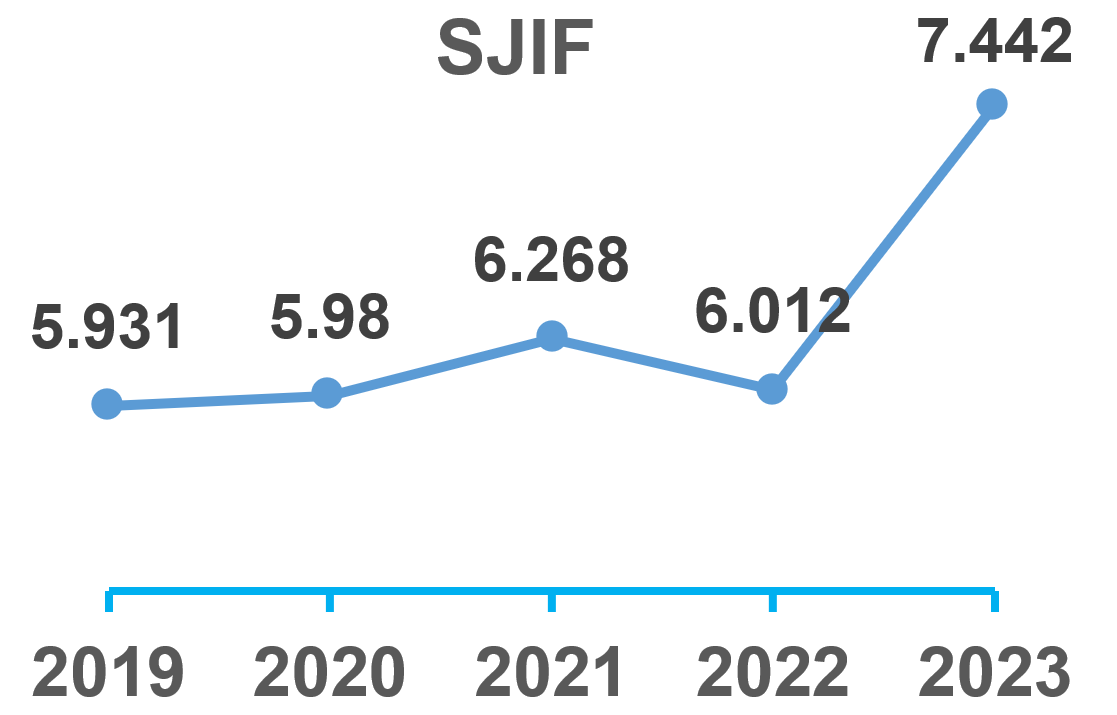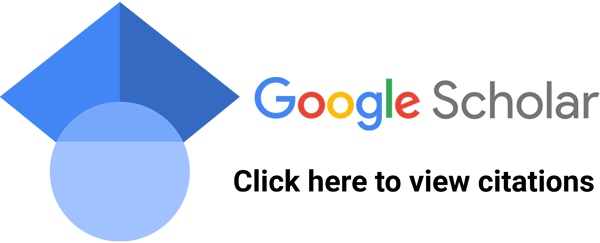NAAS Score (2024): 5.85
Plagiarism Policy
The author(s) should ensure that they have reported an original work with data and statements. If the work, data, and words of others have been used in the manuscript, the author(s) must ensure that they are appropriately cited or referenced. Statement that is an observation, derivation, or argument had been previously reported should be accompanied by the relevant citation. Excessive and inappropriate self-citations or coordinated efforts among several authors to collectively self-cite is strongly discouraged. Plagiarism in all forms constitutes unethical behaviour of the author(s), and is unacceptable to the publisher.
Manuscript submitted to the Journal goes through a first-level plagiarism check by the Editorial Board using Plagiarism Detection Software. If the manuscript is found to have less similarity, the author are advised to suitably revise the manuscript. The author is given an opportunity to resubmit the manuscript after removing all similarity and reworking on the content. A manuscript with high level of similarity is rejected. The Editorial Board also undertakes a final plagiarism check before considering it for publication in the journal.
In case of substantial plagiarism found in a manuscript submitted to the journal, the publisher of the journal shall have the option to inform the same to the Head of the concerned organisation to which the author(s) is (are) affiliated for appropriate administrative measures. The publisher (ISAE) may also decide to inform the administration of the concerned publisher from where such materials were used without following established practices. The publisher of the journal may also disable the account of the concerned author(s) with the journal for all future submissions for a period of one to three years as decided by the Editorial Board.









